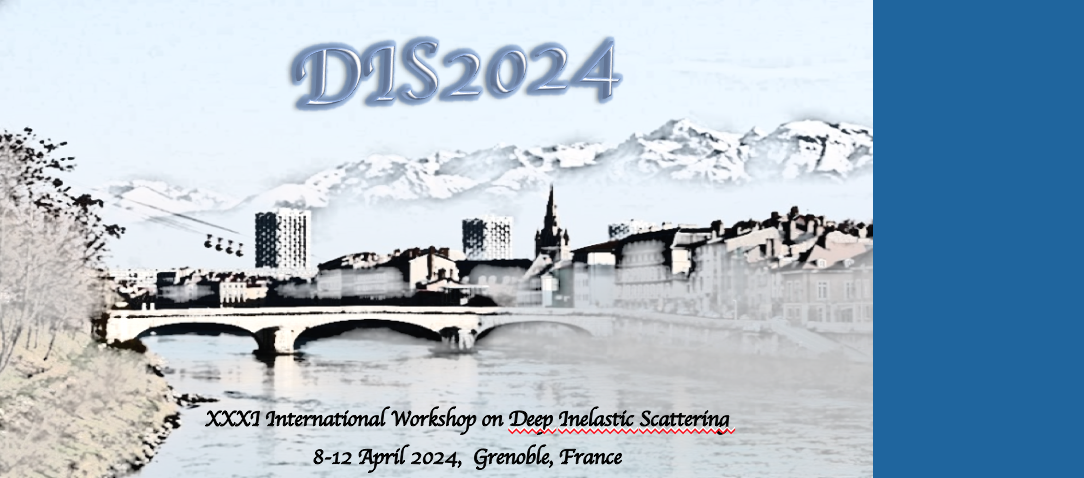Speaker
Description
A key focus of the physics program at the LHC is the study of head-on proton-proton collisions. However, an important class of physics can be studied for cases where the protons narrowly miss one another and remain intact. In such cases, the electromagnetic fields surrounding the protons can interact producing high-energy photon-photon collisions. Alternatively, interactions mediated by the strong force can also result in intact forward scattered protons, providing probes of quantum chromodynamics (QCD). In order to aid identification and provide unique information about these rare interactions, instrumentation to detect and measure protons scattered through very small angles is installed in the beam pipe far downstream of the interaction point.
We describe the ATLAS Forward Proton `Roman Pot' Detectors (AFP and ALFA), including their performance to date, covering Tracking and Time-of-Flight Detectors as well as the associated electronics, trigger, readout, detector control and data quality monitoring. The physics interest, beam optics and detector options for the extension of the programme into the High-Luminosity LHC (HL-LHC) era are also discussed. Finally, a glimpse on the newest results will be given.

